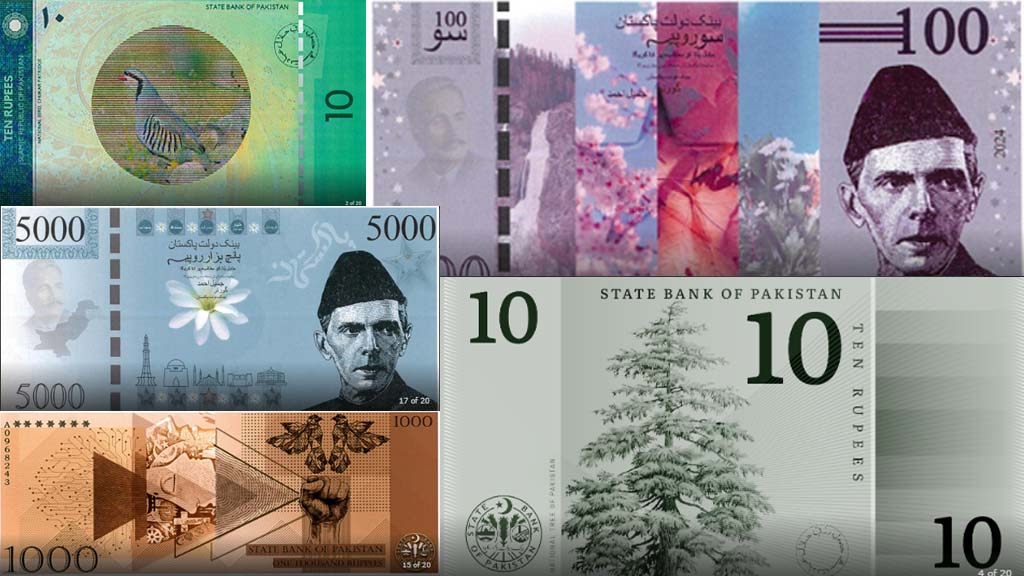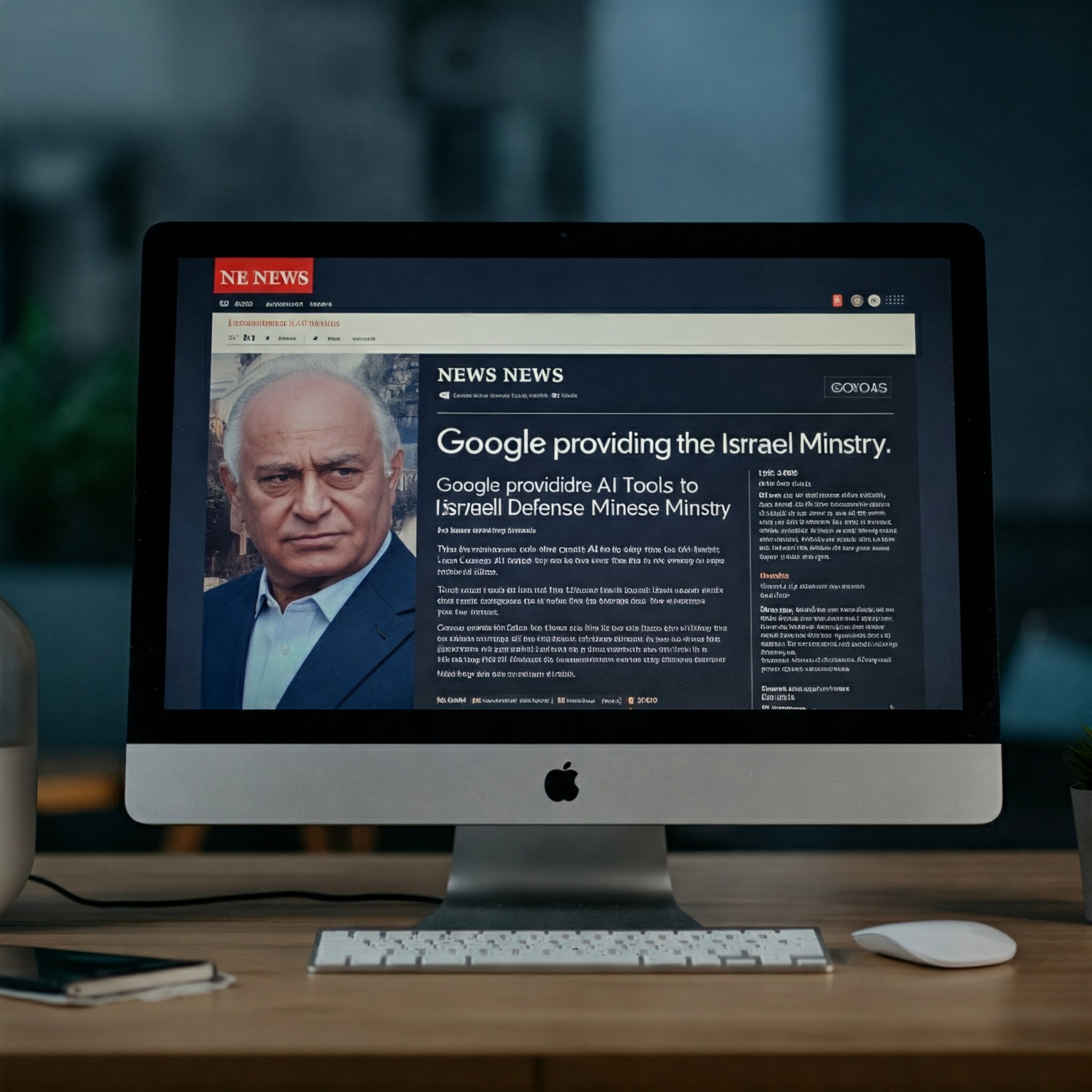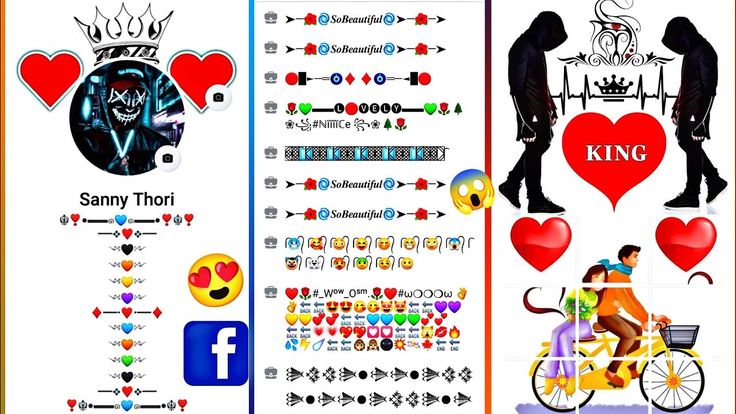Lahore, Pakistan – In a significant effort to enhance healthcare access for children with diabetes, the Punjab government is preparing to launch the “Chief Minister Insulin for All” program. This ambitious initiative, led by Chief Minister Maryam Nawaz, aims to provide free insulin to all children diagnosed with Type 1 diabetes across the province.
The program, announced earlier this month, addresses the increasing concern over the rising rate of diabetes in Punjab, especially among children. Acknowledging the financial burden and challenges families face in managing this chronic condition, the government is proactively ensuring that no child is denied life-saving insulin due to financial constraints.
Table of Contents
Key Features of the Program:
- Free Insulin: All children diagnosed with Type-1 diabetes in Punjab will be eligible to receive free insulin.
- Home Delivery: To ensure convenience and accessibility, insulin will be delivered directly to registered children’s homes.
- Comprehensive Coverage: The program will cover the lifelong insulin needs of Type-1 diabetic children, ensuring uninterrupted access to this essential medication.
- Easy Registration: Parents and guardians can register their children through a dedicated helpline (1033) or by visiting NCD clinics in their districts.
Impact and Significance:
This initiative is expected to significantly impact the lives of thousands of children and their families in Punjab. By removing the financial barrier to accessing insulin, the program will:
- Improve Health Outcomes: Ensure better blood sugar control, reduce complications and improve the overall quality of life for diabetic children.
- Reduce Financial Burden: Alleviate the financial strain on families struggling to afford the cost of insulin.
- Promote Equality: Ensure that all children, regardless of socioeconomic background, access essential healthcare.
A Model for Other Provinces:
The “Chief Minister Insulin for All” program is being recognized as a model for other provinces to follow. It demonstrates the Punjab government’s commitment to prioritizing healthcare and addressing the needs of vulnerable populations. This initiative has the potential to greatly improve diabetes management in the province and serve as an example for other regions in addressing this growing health challenge.
Commitment to Public Health:
The launch of this program underscores the Punjab government’s dedication to improving public health and ensuring that all citizens have access to quality healthcare services. By providing free insulin to needy children, the government is taking a crucial step toward building a healthier and more equitable future for the province.
Symptoms of Type 1 Diabetes:
- Frequent urination
- Extreme thirst
- Increased hunger
- Unexplained weight loss
- Fatigue or weakness
- Blurred vision
- Irritability or mood changes
| Chief Minister Insulin Program | Details |
|---|---|
| Program Name | Chief Minister Insulin for All |
| Initiator | Chief Minister of Punjab, Maryam Nawaz Sharif |
| Target Audience | Children with Type 1 diabetes in Punjab |
| Insulin Distribution | Direct delivery to homes with special cards issued for regular supply |
| Pilot Districts | Lahore and two other districts |
| Implementation Timeline | Direct delivery to homes with unique cards issued for regular supply |
| Application Process | Through a dedicated app or helpline to be launched by the Punjab government |
| Additional Healthcare Initiatives | Upgrading Maryam Nawaz Health Clinics to BHU status; creating a performance framework for staff |
| Type 1 Diabetes Characteristics | Pilot project to start soon, with a full roll-out expected by 2025 |
| Symptoms of Type 1 Diabetes | Frequent urination, extreme thirst, increased hunger, unexplained weight loss, fatigue |
| Management Strategies | Insulin therapy, blood sugar monitoring, healthy diet, regular exercise, education, and support |
| Potential Complications | Heart disease, nerve and kidney damage, eye issues, foot problems |
Causes:
Though the exact cause of Type 1 diabetes is unknown, it is believed to involve a mix of genetic and environmental factors, like viral infections.
Management:
- Insulin Therapy**: Use regular insulin injections or an insulin pump for management.
- Monitoring**: Check blood sugar levels frequently with a glucose monitor or continuous glucose monitor (CGM).
- Healthy Diet**: Maintain a balanced diet, paying particular attention to carbohydrate intake.
- Regular exercise: Physical activity helps control blood sugar levels.
- Education and Support**: Learn about managing the condition and build a support network for assistance.
Complications (if not well managed):
Uncontrolled blood sugar levels in Type 1 diabetes can lead to several complications, including heart disease, nerve damage, kidney damage, eye issues such as diabetic retinopathy, and foot problems.
- Heart disease
- Nerve damage
- Kidney damage
- Eye issues (diabetic retinopathy)
- Foot problems
Type 1 diabetes requires lifelong management, but with proper care, people can live healthy, active lives.





















